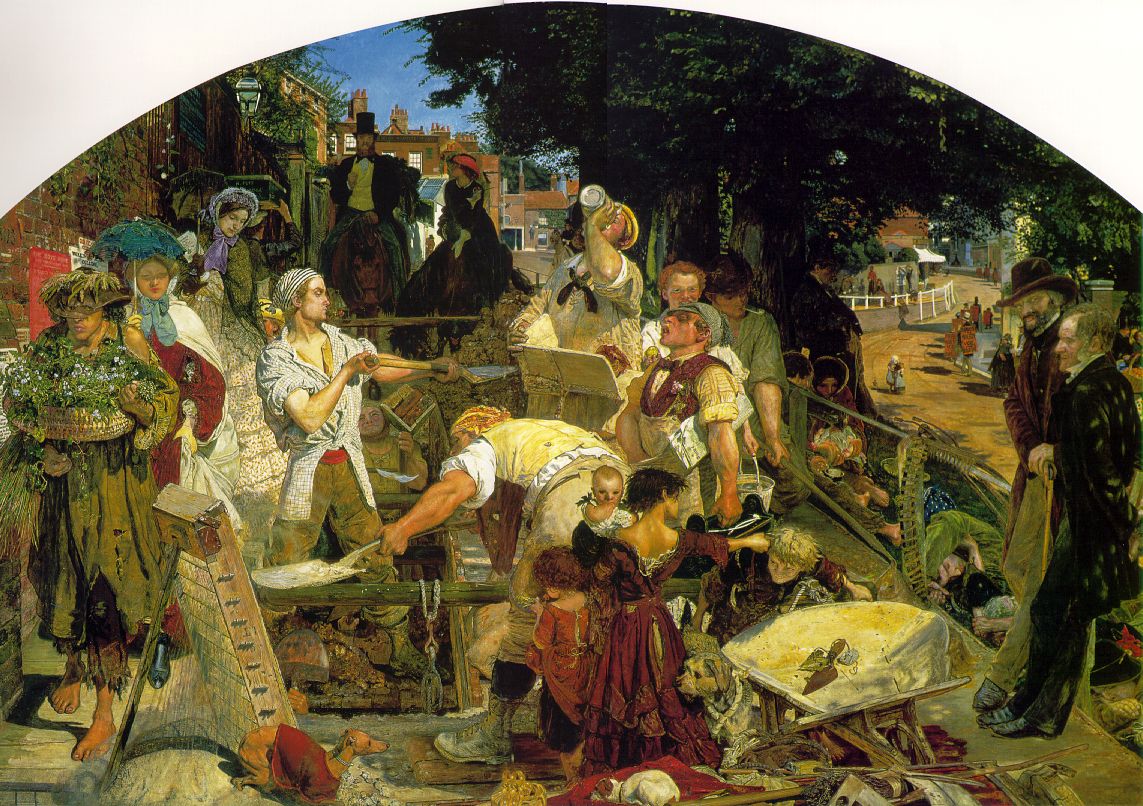(These are notes of a course given at Birkbeck College by Carol Jacobi in 2005/2006)
19thC Introduction
Slide 1: Johan Zoffany, ‘The Royal Academicians’ 1771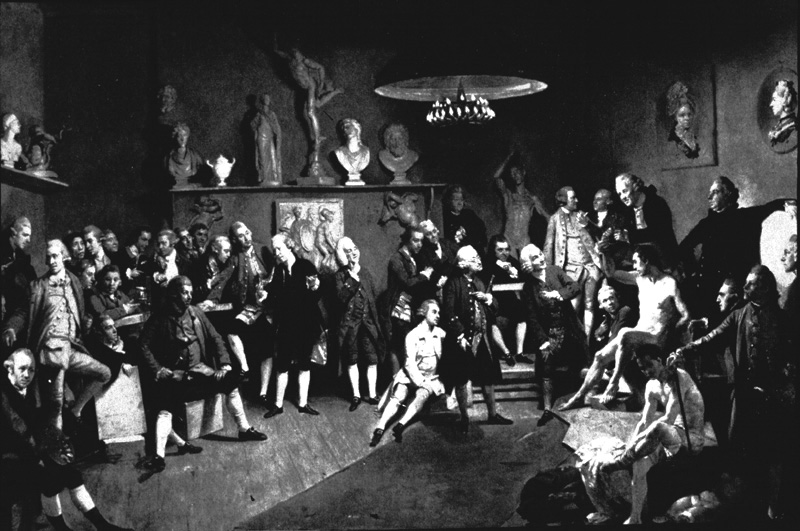
Slide 2: William Powell Frith, ‘Derby Day’ 1856-8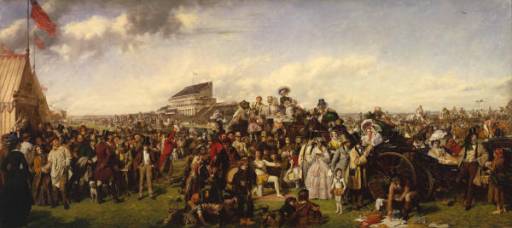
Slide 3: John Hill after Thomas Rowlandson and Augustus Pugin ‘Exhibition Room, Somerset House’ 1808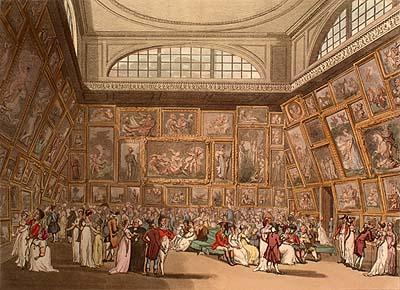
Slide 4: William Powell Frith, ‘The Railway Station’ 1862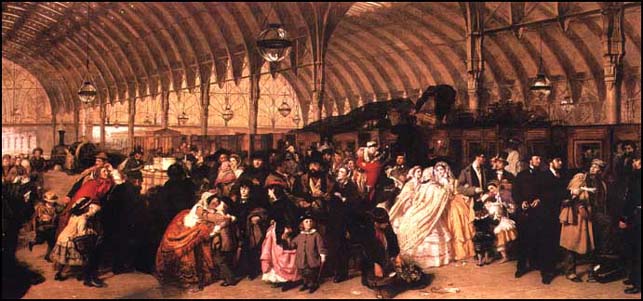
Slide 5: Rev. William Gilpin, ‘Tintern Abbey’ 1782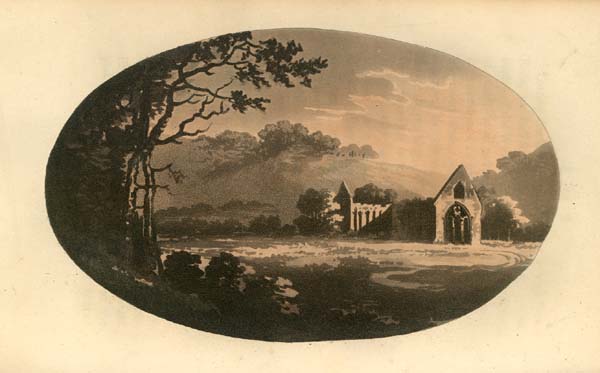
Slide 6: John Constable, ‘The Haywain’ 1821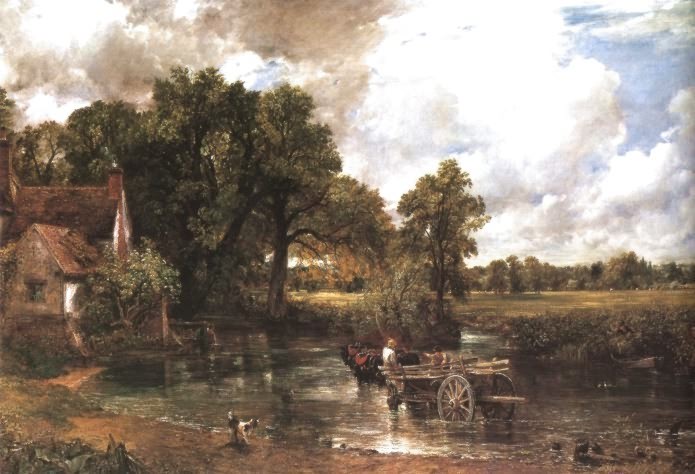
Slide 7: Hicks ‘Post Office: One Minute to Six’ 1860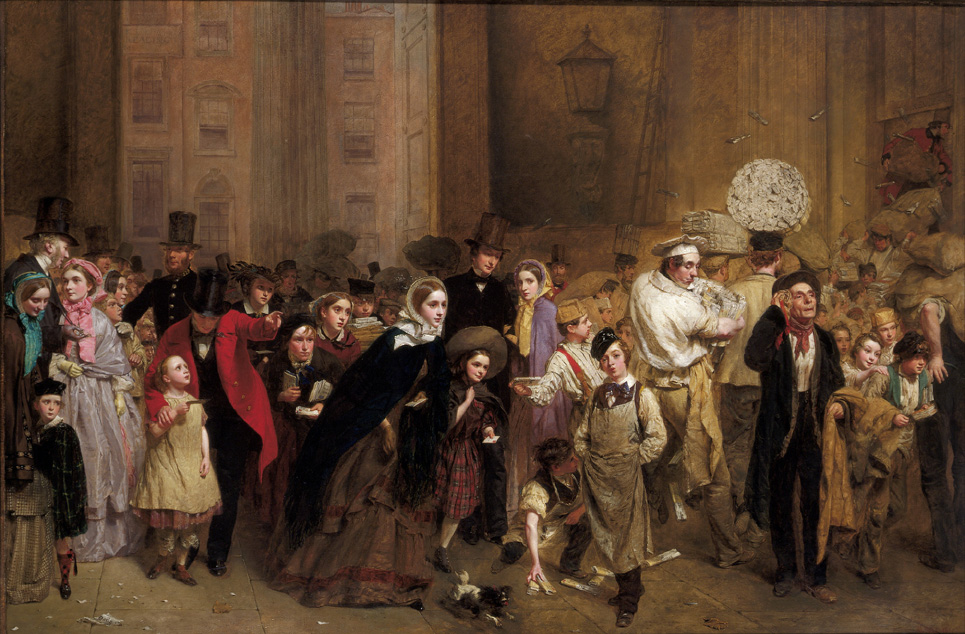
GEORGE ELGAR HICKS (1824-1914) The General Post Office, One Minute to Six (1860) Museum of London Type of work: Painting Medium: oil on canvas Provenance: Commissioned by Wallis, but exchanged to Votkins; H.G.McCrea; M.Bernard Ltd by 1948; E.Waugh; Sotheby’s, 1971; British Rail Pension Fund; Sotheby’s 1990. GRANT This work was acquired with Art Fund help in 1991. Vendor: Richard Green Grant offered: '60,000 Total acquisition cost: '285,000
Slide 8: Jean-Auguste-Dominique Ingres, ‘The Apotheosis of Homer’ 1827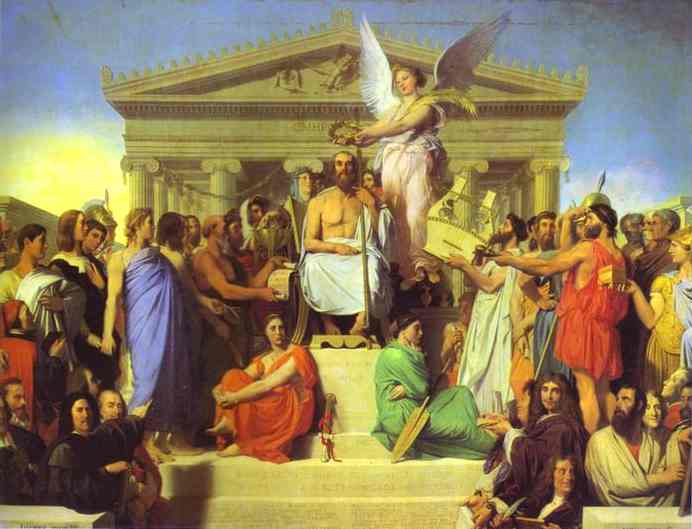
Slide 9: Paul Delaroche, ‘The Execution of Lady Jane Grey’ 1834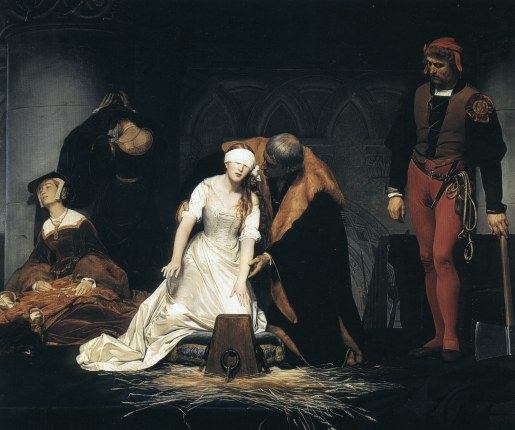
Slide 10: Jacques-Louis David, ‘Napoleon in the Plague House at Jaffa’ 1804(image not found)
Slide 11: Edouard Manet, ‘Concert in the Tuileries’ 1862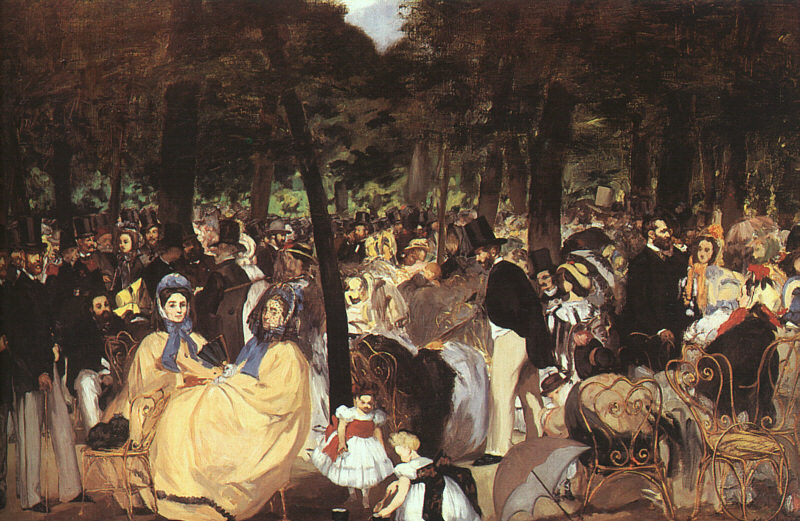
Music in the Tuileries Gardens 1862 MANET, Edouard (1832-1883) NG3260. Lane Bequest, 1917. Signed and dated. Oil on canvas 76.2 x 118.1 cm. This painting of the Tuileries Gardens in Paris was Manet’s first major work depicting modern city life. The band is playing and a fashionable crowd has gathered to listen. The picture includes portraits of Manet’s friends and family. These include Manet himself; the poet Baudelaire (1821 – 1867); poet and novelist Theophile Gautier (1811 – 1872); flower-painter Ignace Fantin-Latour (1836 – 1904); composer Jacques Offenbach (1819 – 1880); and the artist’s brother Eug'ne (1833 – 1892). The artist himself appears at the extreme left, half obscured by the figure of Albert de Balleroy, a fellow painter with whom Manet shared a studio. Among the people depicted in the image, historians have identified several prominent cultural figures. These include the poet and critic Charles Baudelaire, the composer Jacques Offenbach, the painter Henri Fantin-Latour, and other prominent cultural personages and socialites of the Second Empire such as Theophile Gautier, Champfleury, Zacharie Astruc, Mme Lejosne, Mme Loubens, Aurelien Scholl, Baron Taylor, Chalres Monginot and the artists's brother, Eug'ne Manet.
Slide 12: Jane Bowkett, ‘Preparing Tea’ 1860s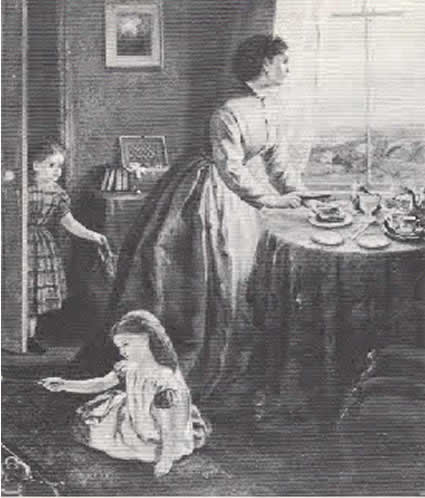
Slide 13: Rosa Bonheur, ‘The Horse Fair’ 1853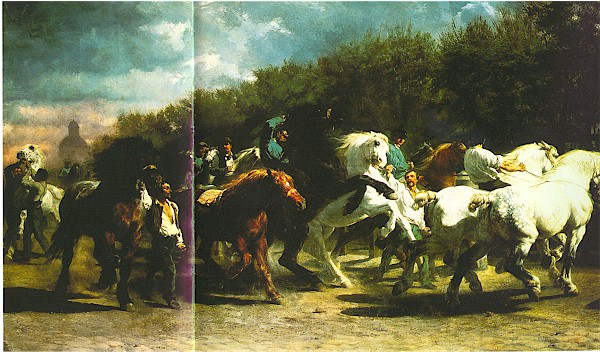
Slide 14: George Elgar Hicks ‘Woman’s Mission: Companion to Manhood’ 1863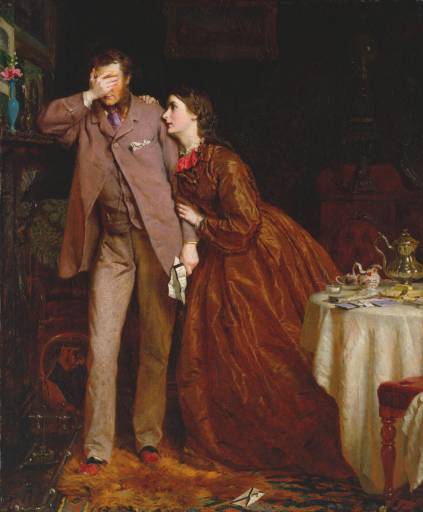
Slide 15: C.W. Cope ‘Life Well Spent’ 1862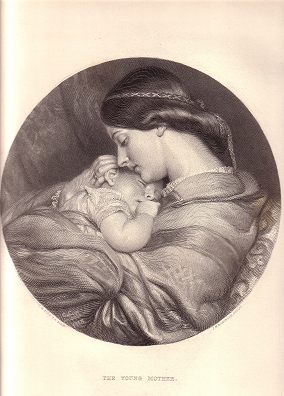
Could not find ‘Life Well Spent’
Slide 16: Alfred Elmore, ‘On the Brink’ 1865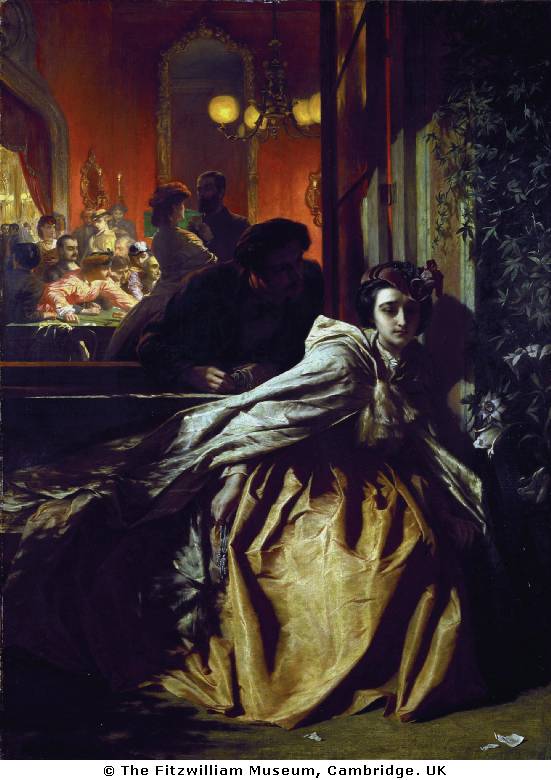
Slide 17: Alexandre Cabanel, ‘The Birth of Venus’ 1863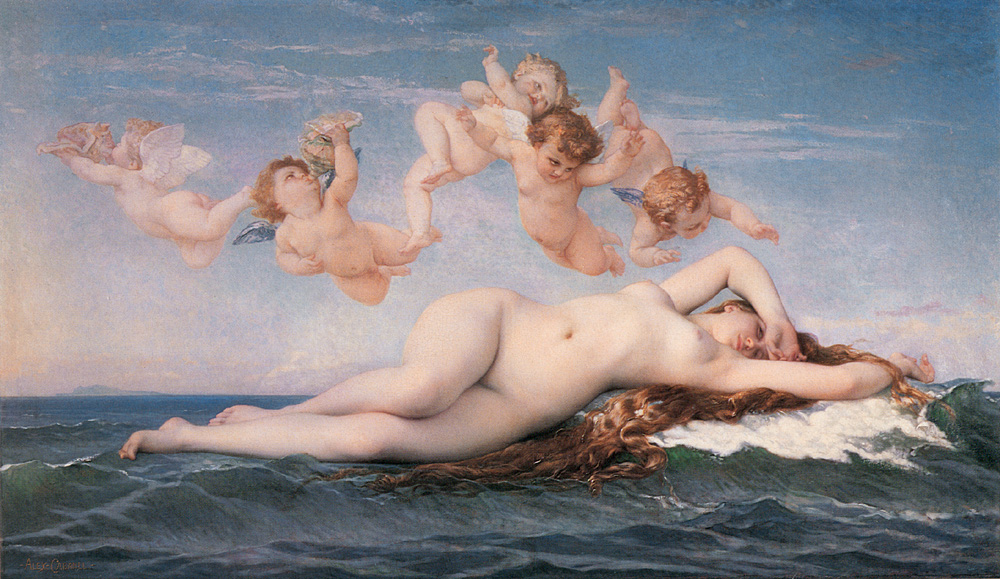
Slide 18: Eugene Delacroix. ‘Women of Algiers’ 1834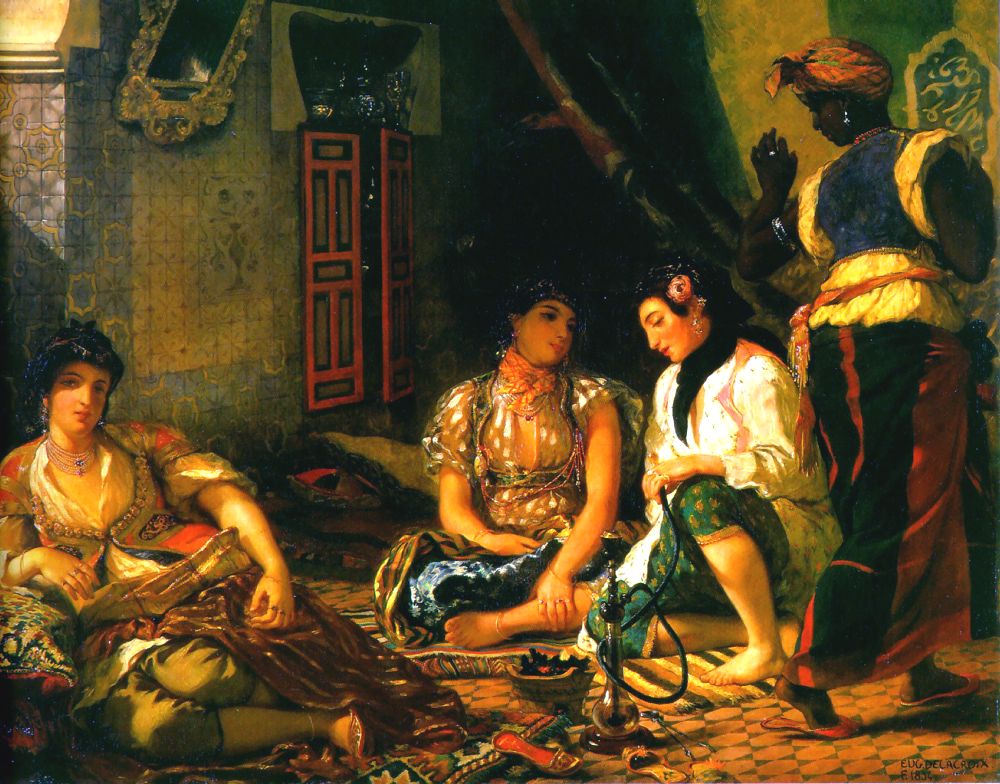
Slide 19: Paul Gaugin, ‘Manao Tupapau: The Specter Watches her’ 1892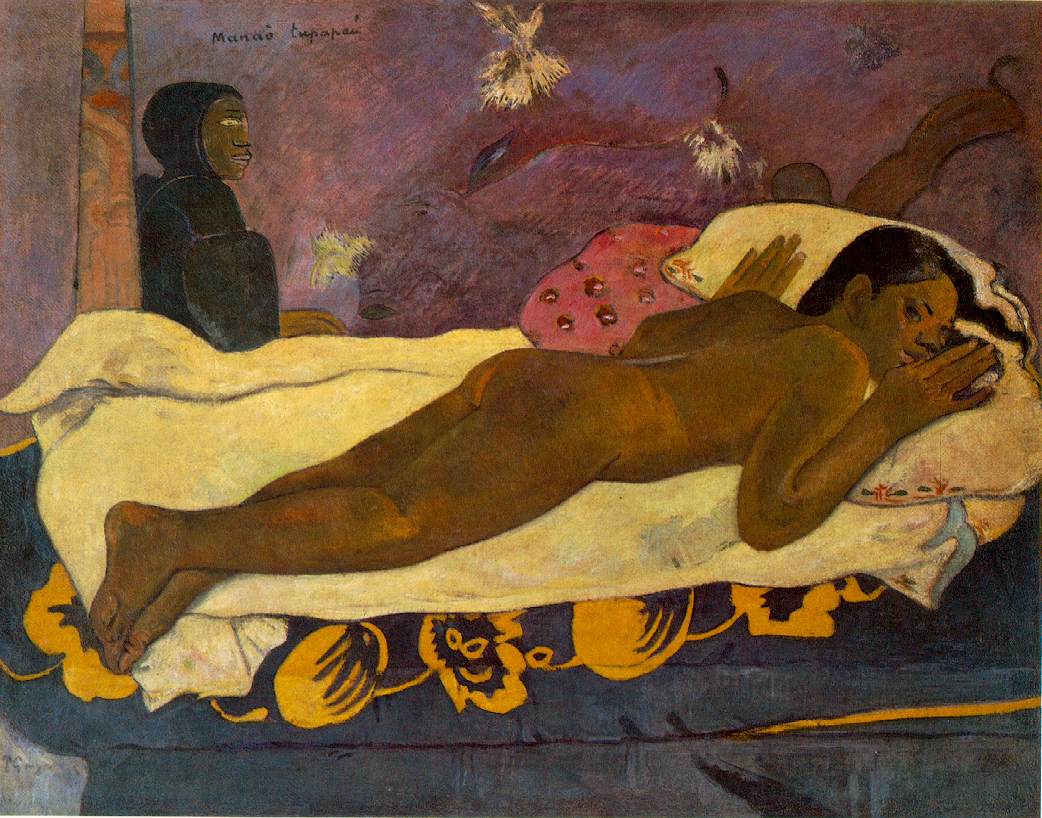
Additional slides used in 2003
Slide 20: Richard Earlom after Charles Brandoin, ‘The Exhibition of the Royal Academy’ 1771(image not found)
Slide 21: Antoine-Jean Gros, ‘The Battle of Nazareth’ 1801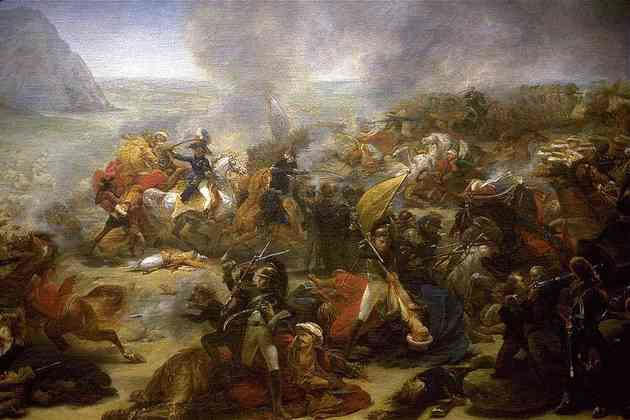
Slide 22: William Hogarth, ‘The Lady’s Last Stake’ 1758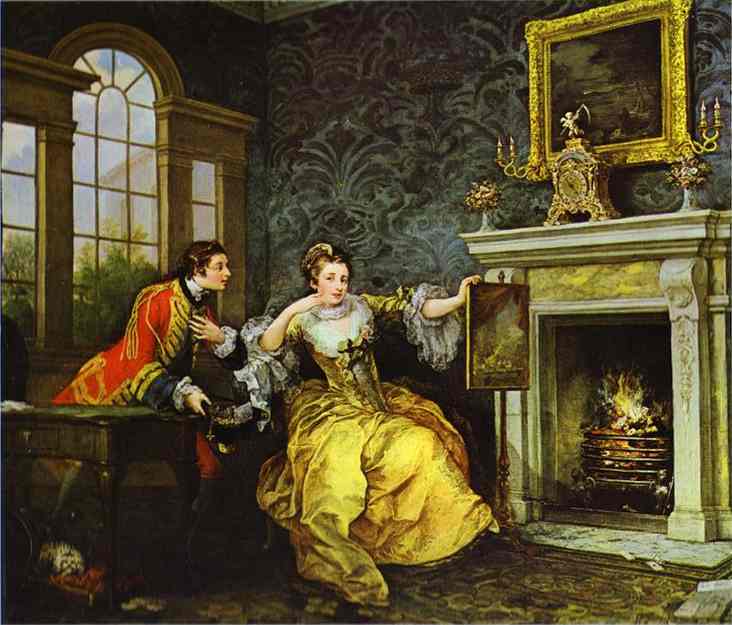
Slide 23: Pietro Martini after J.H. Ramberg, ‘The Exhibition of the Royal Academy’ 1787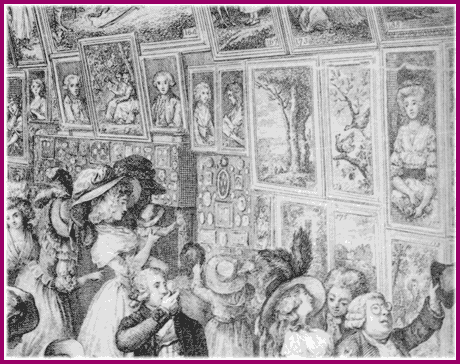
Slide 24: Jacques-Louis David, ‘Napoleon on the St. Bernard Pass’ 1801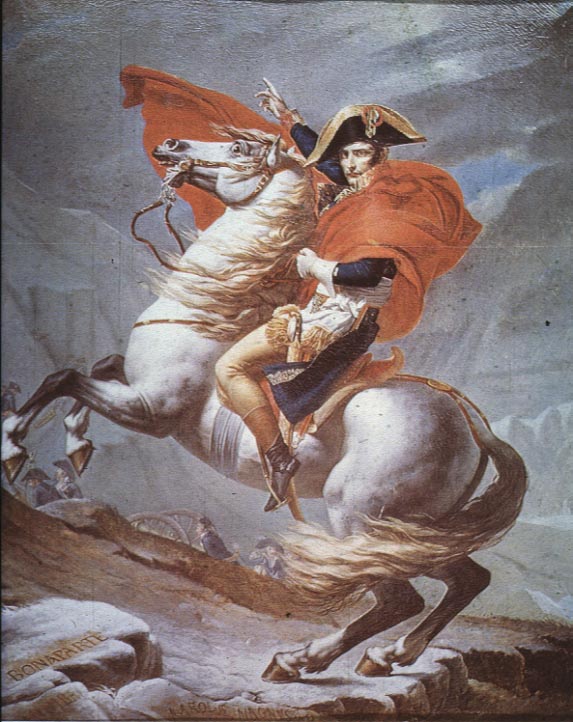
Slide 25: Sir Joshua Reynolds, ‘Self-Portrait’ 1780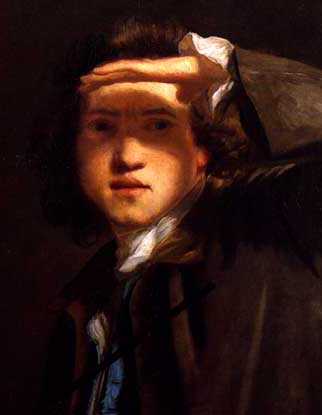
Slide 26: Thomas Phillips, ‘William Blake’ 1807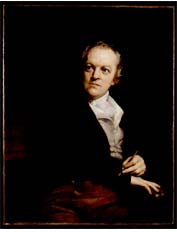
Slide 27: John Constable, ‘Dedham Vale with Ploughman’ 1814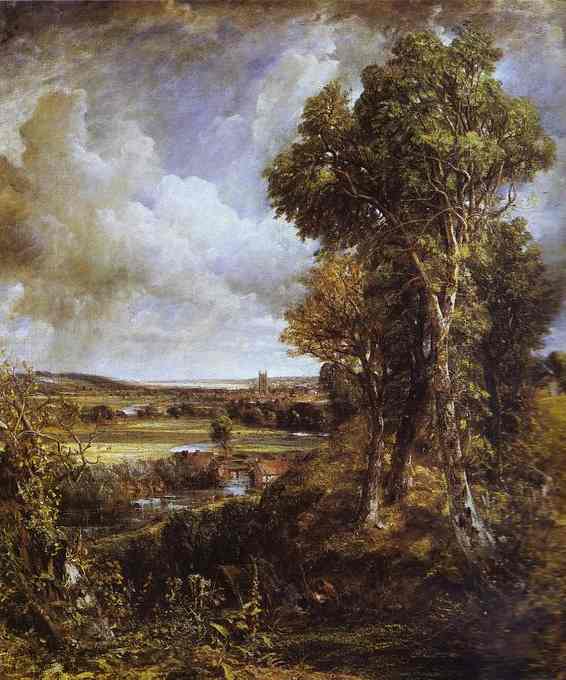
Slide 28: Ford Madox Brown, ‘Work’ 1862-3